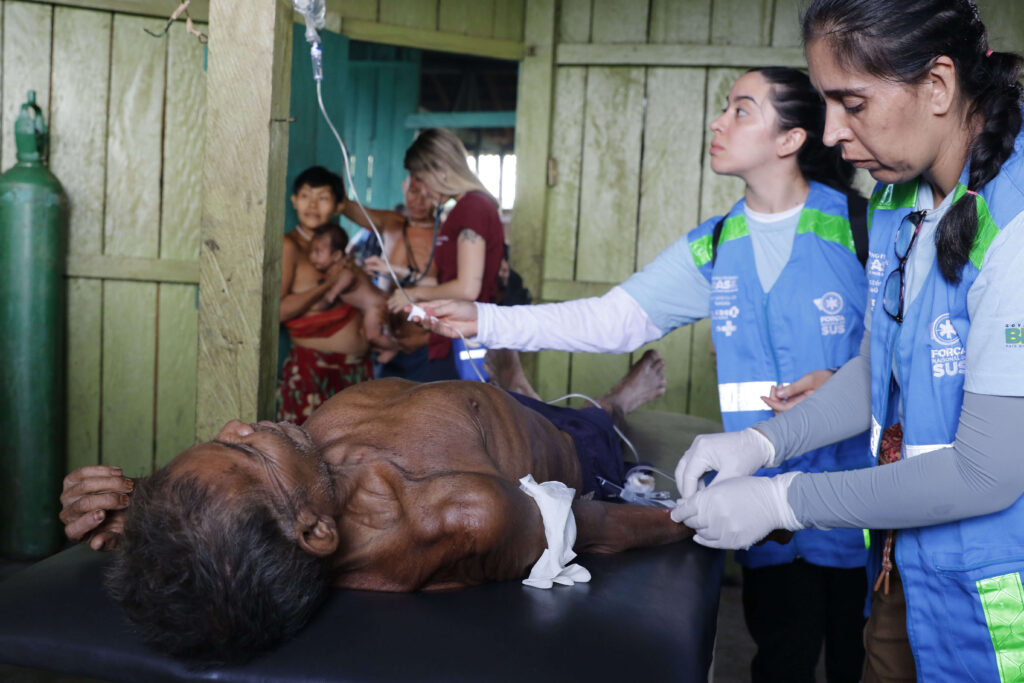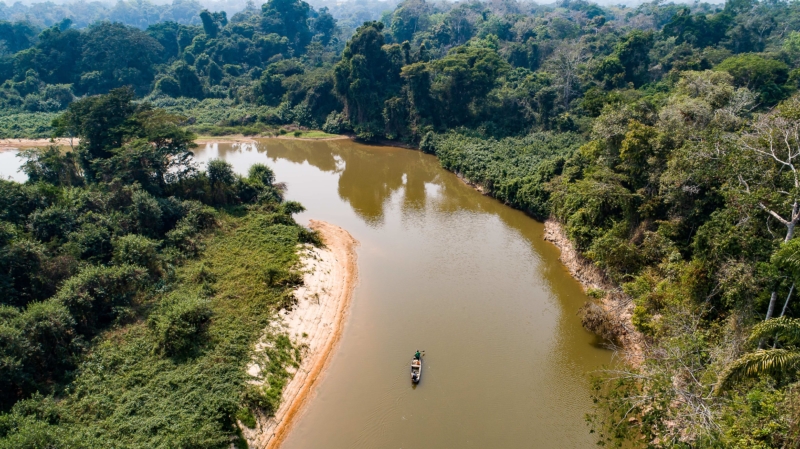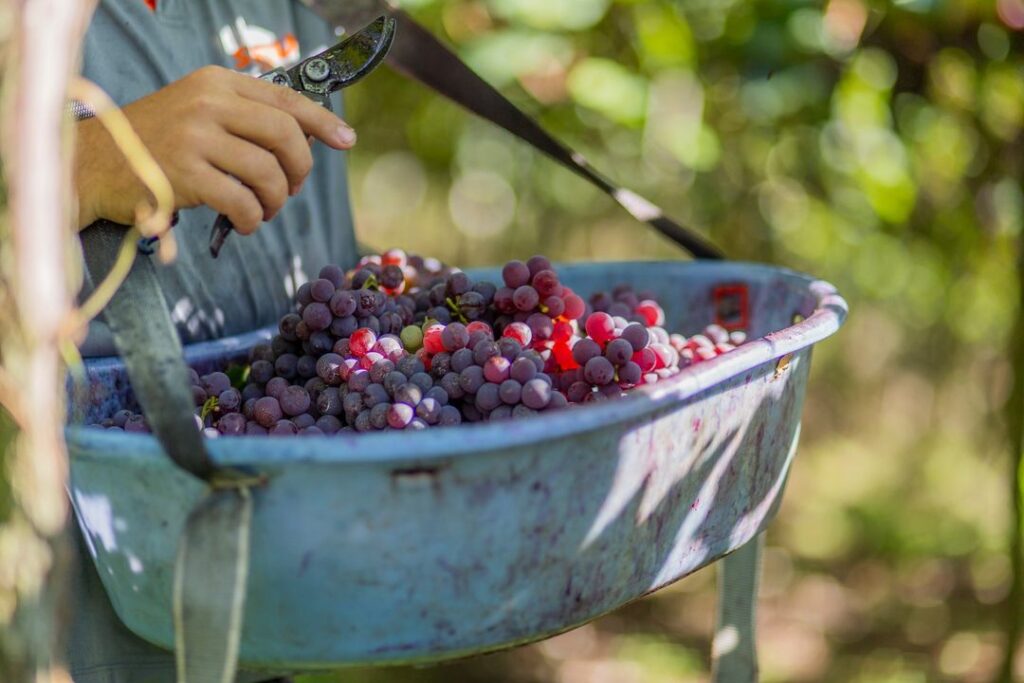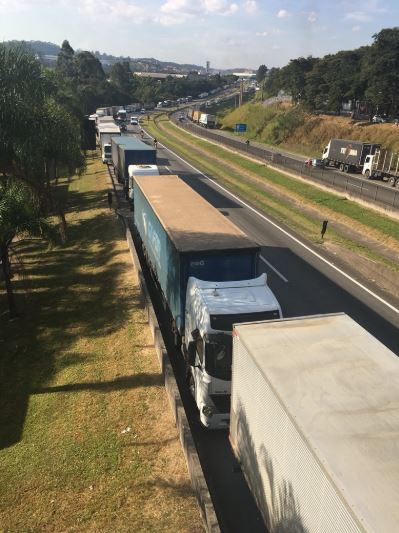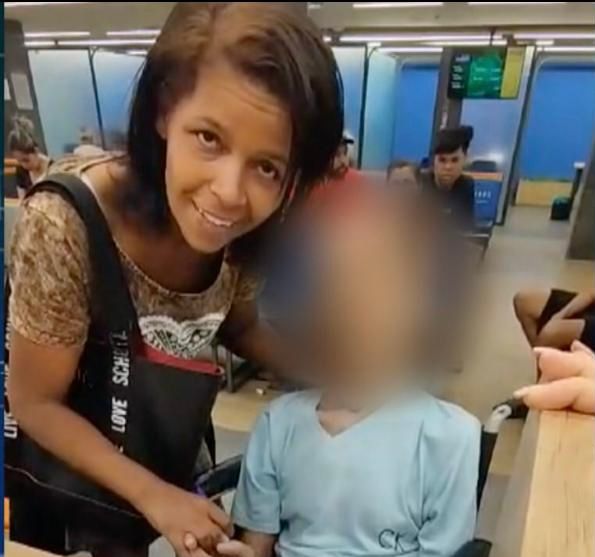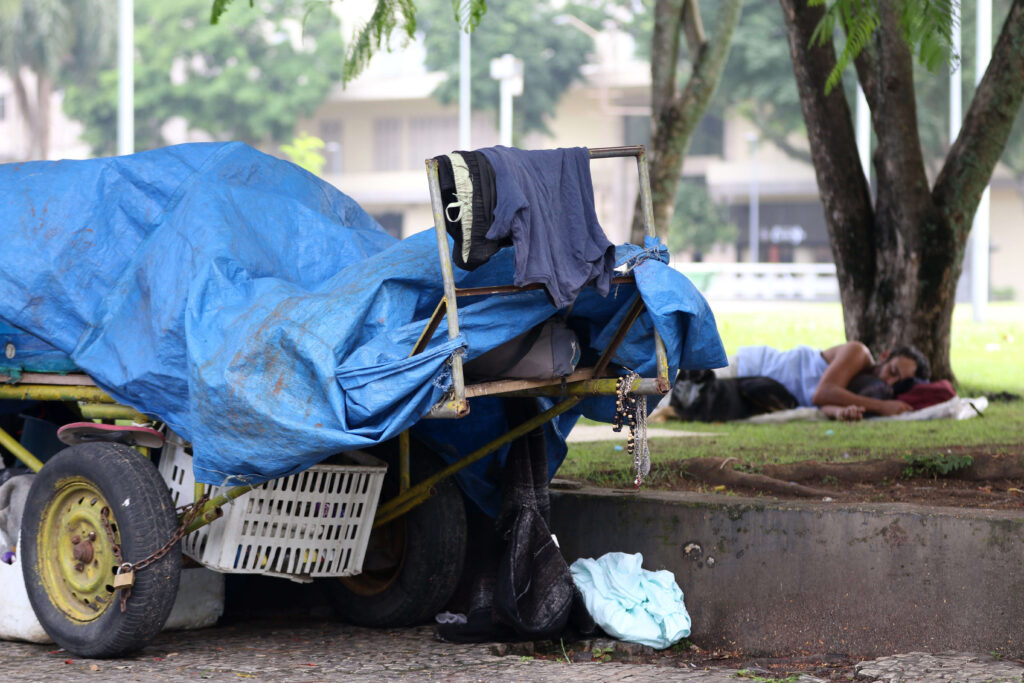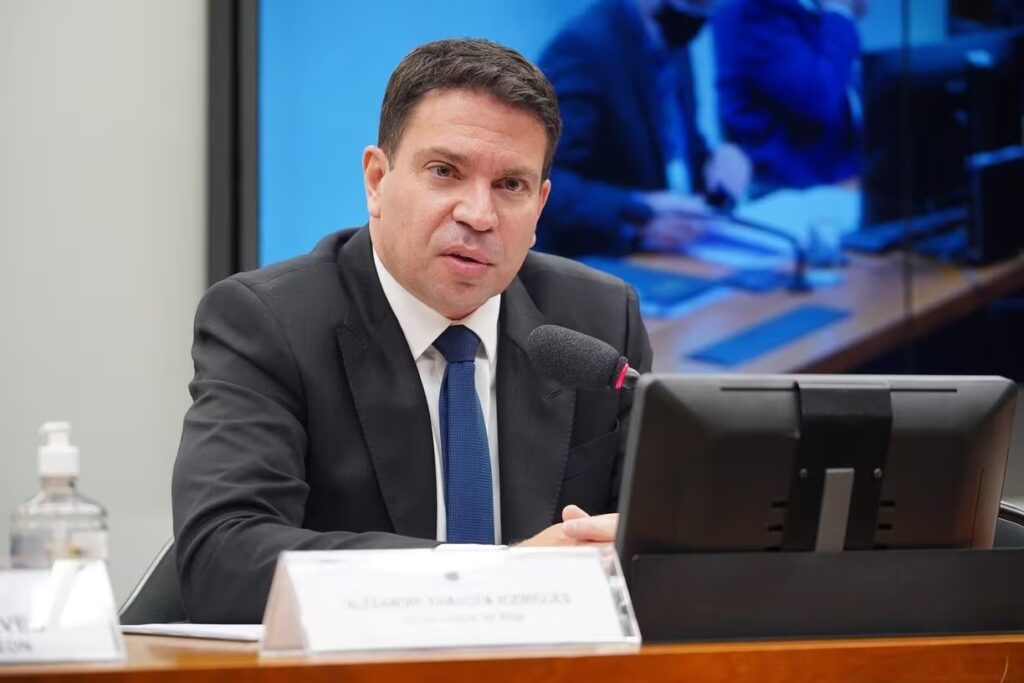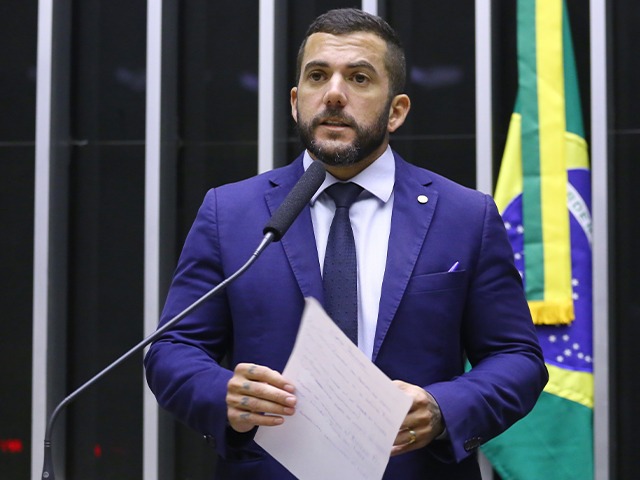It was announced yesterday, Jul. 10, that the first ever three Brazilians have been selected to be part of the Gulmakai Network, an initiative set up by Pakistani female education rights activist and Nobel Prize Winner Malala Yousafzai, who survived an assassination attempt by the Taliban aged 15.
The Gulmakai Network is named as such because it is the pseudonym Malala used to write under for her BBC blog she wrote in Urdu. Aged just 11, it covered the challenges she faced as a female wanting to go to school in her hometown in Pakistan.
The lucky Brazilians, who hail from the states of São Paulo, Bahia and Pernambuco, will now receive sponsorship from the Malala Fund. The fund provides financial support for those who go above and beyond to provide education for girls in countries across the world, and often do not have sufficient resources to do so.
Proud to announce we’re investing in girls’ education in Brazil. More than 1.5 million girls are out of school in this country – and they deserve the chance to choose their own future. https://t.co/9iEHIg8Xp5
— Malala (@Malala) July 11, 2018
Founded in 2013, the Malala Fund campaigns for a world in which females are able to receive 12 years of free education. Aside from the work the Gulmakai Network carries out through investment in education rights activists, the fund also actively seeks to hold leaders accountable for policy changes and gives young girls a platform to have their voices heard through its publication and newsletter.
According to a press release by the fund, over 3.2 million children do not receive sufficient education in Brazil, whether that be because of poverty, racism or exploitation.
Brazil is the first South American country to receive investment from the Malala fund, which already invests in countries such as Afghanistan, Turkey, India, Lebanon, Nigeria, Pakistan and Mexico. Whilst on a visit to the country for her 21st birthday, Malala had the opportunity to meet those selected.
The first Brazilian lady selected to receive sponsorship for her education rights activism was Sylvia Silveira Campos from Recife, Pernambuco. Silveira Campos is president of the Movimento Infanto-juvenil de Reivindicação (MIRIM), a movement that seeks to defend human rights and combat inequality that she has been a part of since the age of 13. She is currently in the process of data collection to calculate the financial cost to the Brazilian state if young girls drop out of school prematurely, in order to increase the numbers of Afro-Brazilian and indigenous girls finishing school.
Bahian Ana Paula Ferreira de Lima, who stands for indigenous girls’ rights to education, was also chosen to receive funding. As a former teacher, the now coordinator of the National Association for Indigenous Action (Anaí) dedicates her career to respecting the cultural, political and economic autonomy of indigenous cultures, enabling increasing number of indigenous girls to finish their studies and encouraging them to become activists.
The final recipient of the grant was given to paulista Denise Carreira, who works as a coordinator for Ação Educativa. Founded in 1994, the foundation has worked to increase educational rights for young people, along with campaigning for social justice and sustainable development in Brazil. Her current projects include an online course that trains teachers on the importance of gender equality within education, a report on gender-based violence and the surveying of 15 secondary schools to report on the quality of their education.
In a statement released by the Malala Fund this Tuesday, July 10, CEO Farah Mohamed said, “Brazil is making progress for girls, but only for some girls. Ensuring equal access to education requires bold, steadfast leadership. That’s why we’re proud to invest in these three activists whose work to challenge leaders and change norms is already helping create a brighter future for all Brazilian girls.”
Featured image courtesy of @MalalaFund – Twitter.



